Heart’s "Barracuda" is one of hard rock’s most enduring songs, built around such majestic elements—those chugging guitar riffs, that viciously heavy vocal—that it’s easy to gloss over the substance of Ann Wilson’s lyrics. But once you know the backstory, that 1977 single carries even more weight: "Barracuda" is an anti-sexist anthem, a musical reaction to one man’s disturbing backstage comments.
"'Barracuda' was just a moment. It was a flash of anger, of realization of what we had gotten ourselves into," Ann recalled to Dan Rather. "It happened one night after a show. Some really sleazy guy came up to me and implied to me that he was really turned on by the fact that Nance [sister/bandmate Nancy Wilson] and I were lesbian [incestuous] lovers. That just really got him going—in his fantasy. That made me so mad because I love my sister.
- YouTubewww.youtube.com
"Suddenly my mother’s face came right up [in my mind], saying, 'Don’t get into show business. It’s so tacky. It’s so full of sleazy people who are going to misunderstand you,’" she continued. "I said, 'Oh, you’re so right.' It made me really angry, I think, especially I felt they had attacked her honor—and both our honors. So I went and wrote the words to 'Barracuda.' I think if I would have had a gun, I might have reacted differently to the guy, but thank goodness I didn’t."
You can hear that righteous rage in Wilson's lyrics, including the line, "You lying so low in the weeds / I bet you gonna ambush me / You'd have me down, down, down, down on my knees / Now wouldn't you, barracuda?"
Ann also discussed that unpleasant encounter in the 2024 book She’s a Badass: Women in Rock Shaping Feminism, noting how it shaped the sisters’ perception of the music industry. "Nancy and I really had this idea that we were songwriters carrying cool messages to the people," she said. "We had no idea that we would be perceived, even by a sleaze-ball, as two porno chicks together in a band. It made me really mad, not only at him but at the industry and at my decision to be so naive and consider myself some kind of spiritual pilgrim with these songs."
- YouTubewww.youtube.com
This was far from the only time the Wilson sisters faced sexism in their field. Another famous Heart story involves their first label, Mushroom Records, who took out a full-page, tabloid-style print ad that infuriated the band. "[I]n it was an outtake from the Dreamboat Annie photo session that had Nancy and I back-to-back with our tops pulled down beyond the shoulders," Ann told Rolling Stone. "And the caption below it was: 'It was only our first time!' It sort of went along with the whole unspoken idea that Nancy and I were [lesbian] lovers. They were trying to make easy, sleazy success out of that image. And Nancy and I felt insulted by it, because we were trying to achieve something higher. We were trying to break into music respectfully and with a little more class than that."
Heart, of course, always rose above this flood of sexism, and "Barracuda" is a testament to that legacy. The songs, the lead single from the band’s third album, 1977’s Little Hearts, reached No. 11 on the Billboard Hot 100, and it remains both a staple of classic-rock radio and a centerpiece of their live show.
- YouTubewww.youtube.com


















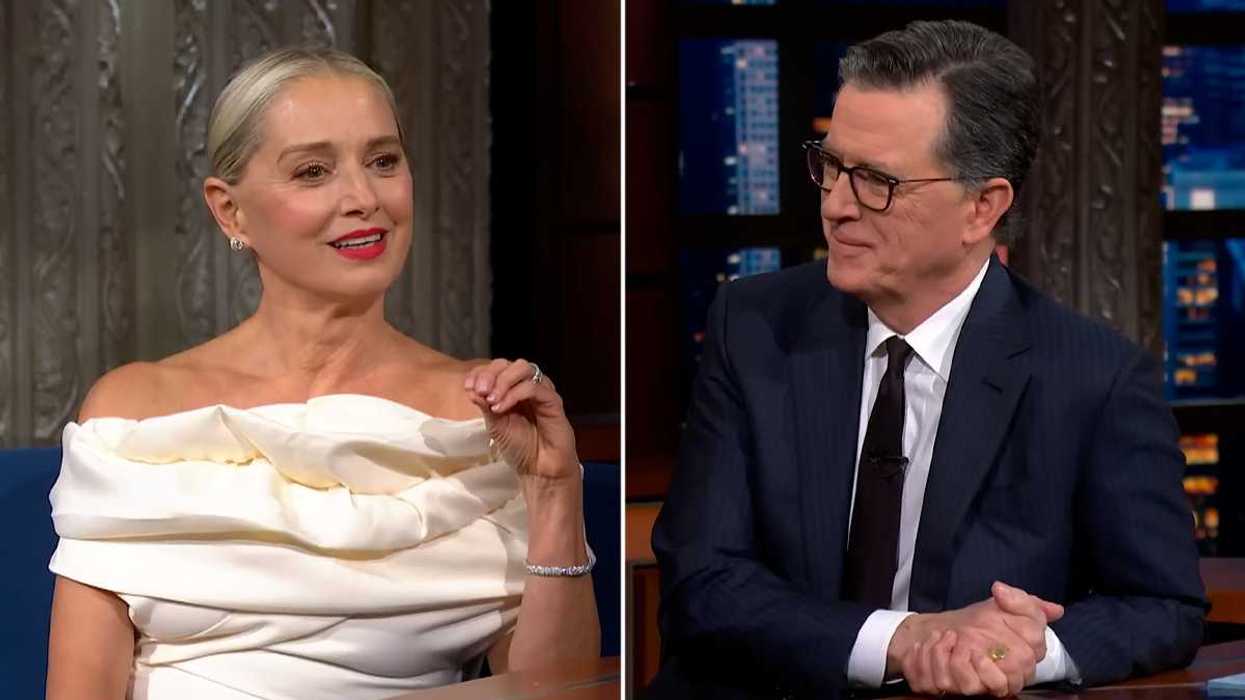
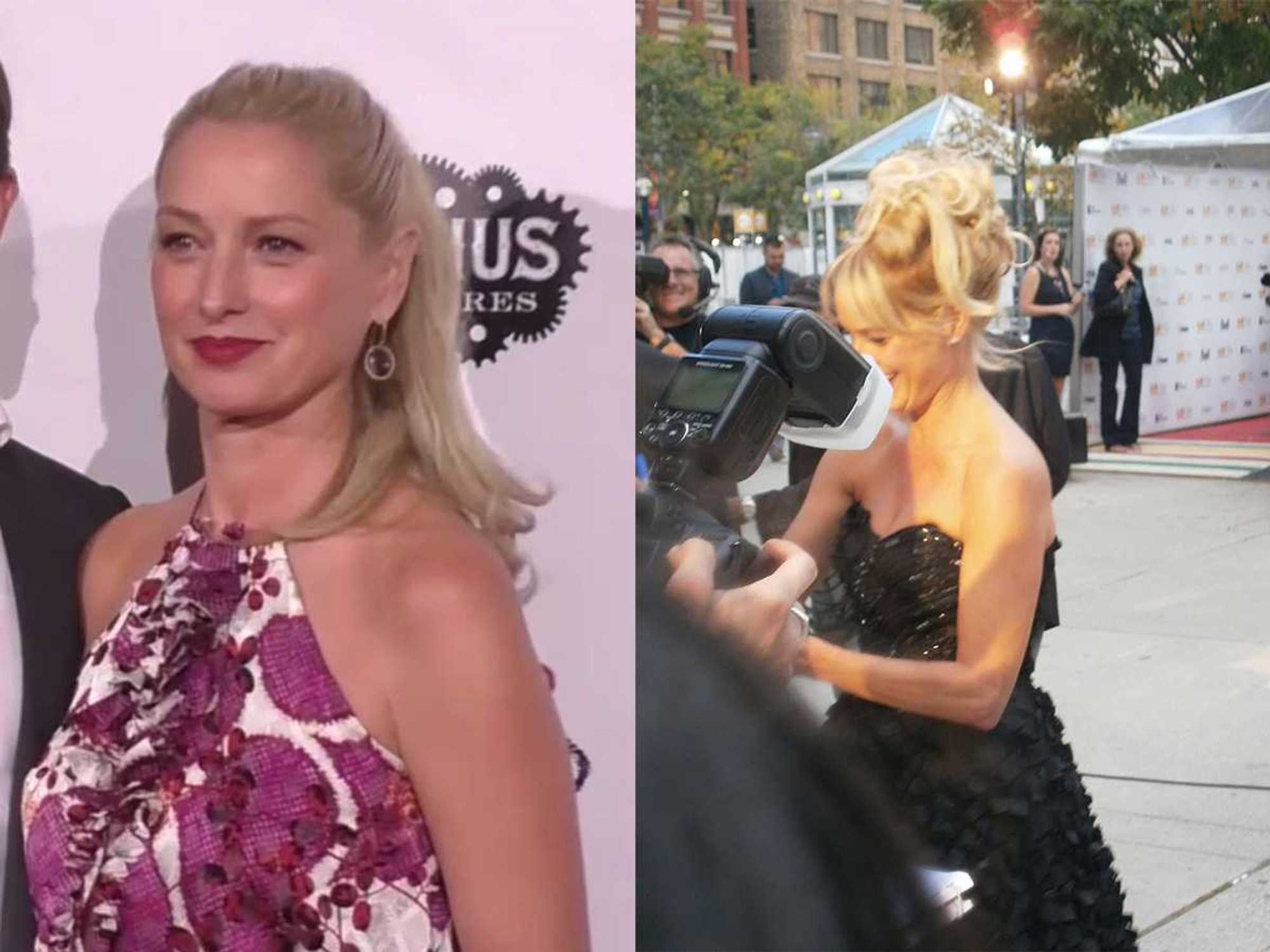 (LEFT) Film premiere at ArcLight Theatre Hollywood; (RIGHT) LaNasa signing autographs at TIFF.thepaparazzigamer/
(LEFT) Film premiere at ArcLight Theatre Hollywood; (RIGHT) LaNasa signing autographs at TIFF.thepaparazzigamer/  Radical acceptance.Photo credit:
Radical acceptance.Photo credit: 
 Scott Galloway in Barcelona in 2025.Photo credit: Xuthoria/
Scott Galloway in Barcelona in 2025.Photo credit: Xuthoria/  Resting in the shade of a tree.Photo credit:
Resting in the shade of a tree.Photo credit:  Two people thinking.Photo credit:
Two people thinking.Photo credit: 
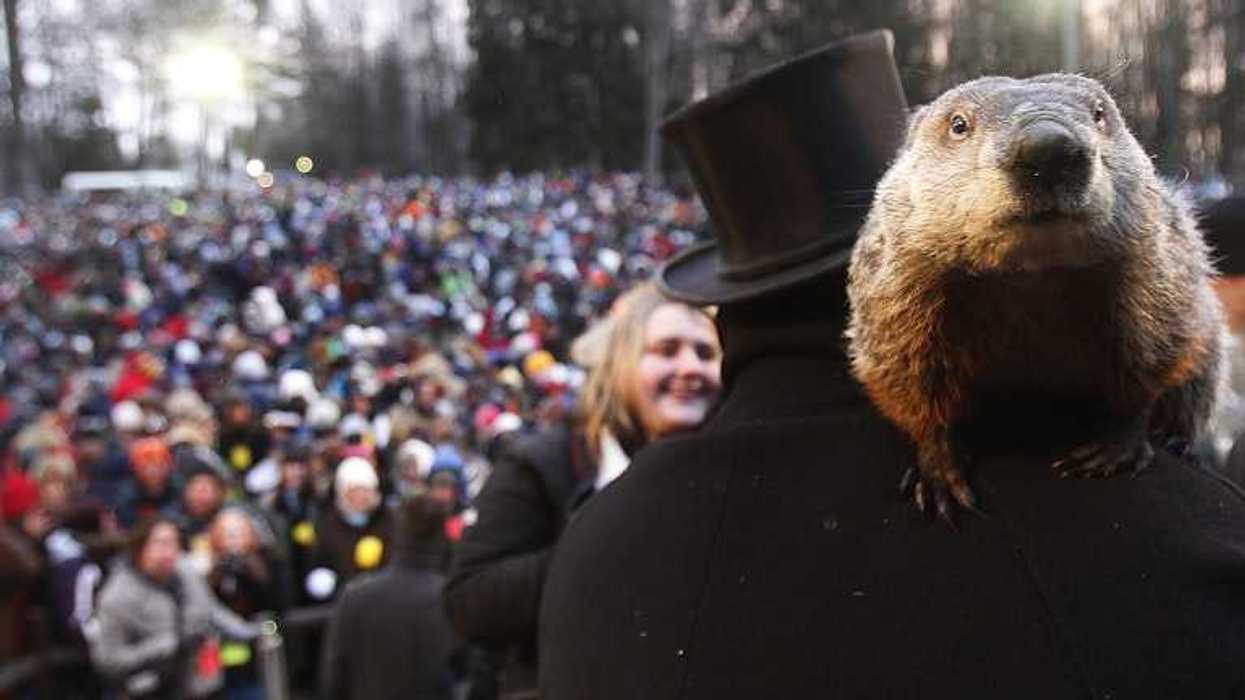
 Female groundhog emerging from her burrow in late January.Stam Zervanos, Author provided
Female groundhog emerging from her burrow in late January.Stam Zervanos, Author provided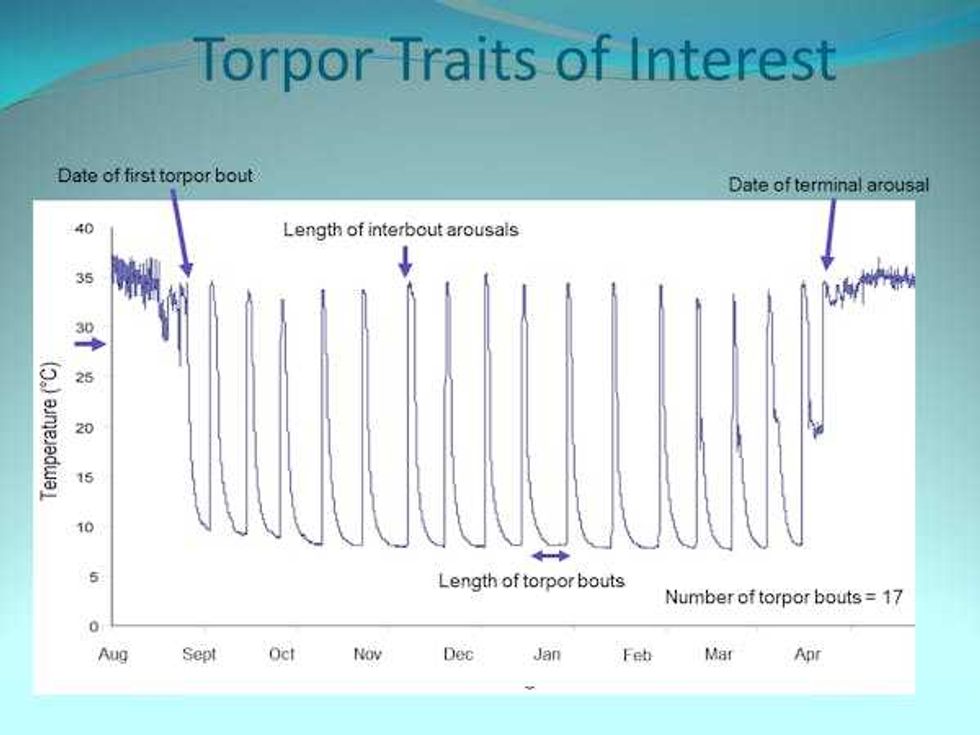 This Maine groundhog had 17 torpor bouts where body temperature went up and down.Stam Zervanos, Author provided
This Maine groundhog had 17 torpor bouts where body temperature went up and down.Stam Zervanos, Author provided Male groundhog (on the right) greeting a female groundhog for the first time after they emerge from their separate burrows.Stam Zervanos, Author provided
Male groundhog (on the right) greeting a female groundhog for the first time after they emerge from their separate burrows.Stam Zervanos, Author provided
 A beluga whale frolicking in the oceanCanva
A beluga whale frolicking in the oceanCanva  A beluga whale pops up from the waterCanva
A beluga whale pops up from the waterCanva 
 A woman sits in a new car at a dealershipCanva
A woman sits in a new car at a dealershipCanva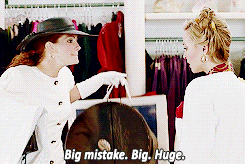 GIf from 'Pretty Woman' of Roberts saying "BIg mistake. Big. Huge." via
GIf from 'Pretty Woman' of Roberts saying "BIg mistake. Big. Huge." via 
 People voting. Photo credit:
People voting. Photo credit:  Young women rally. Photo credit:
Young women rally. Photo credit: 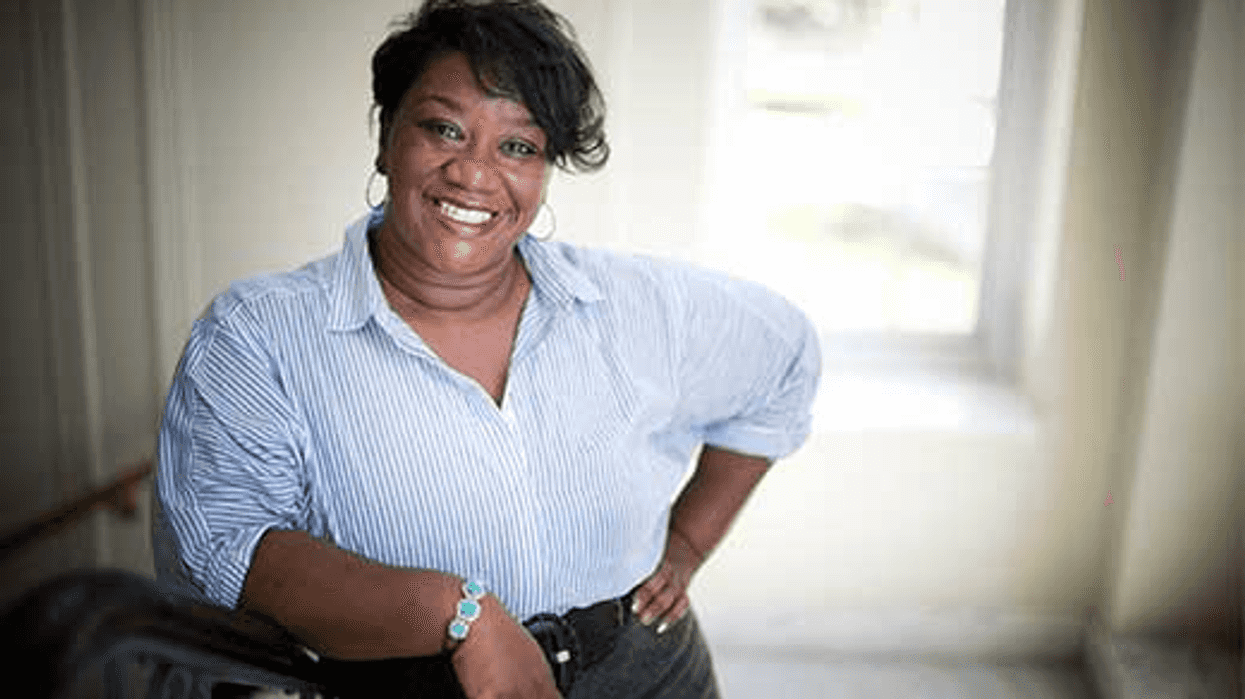 Tressie McMillan Cottom.Tressie McMillan Cottom/
Tressie McMillan Cottom.Tressie McMillan Cottom/